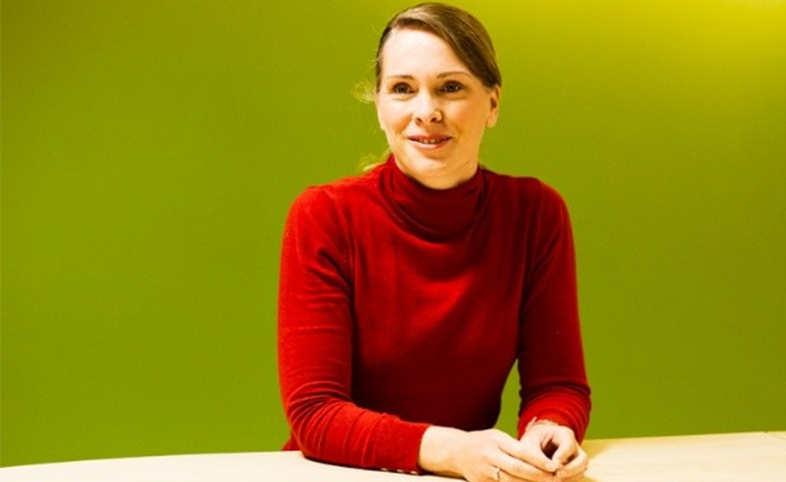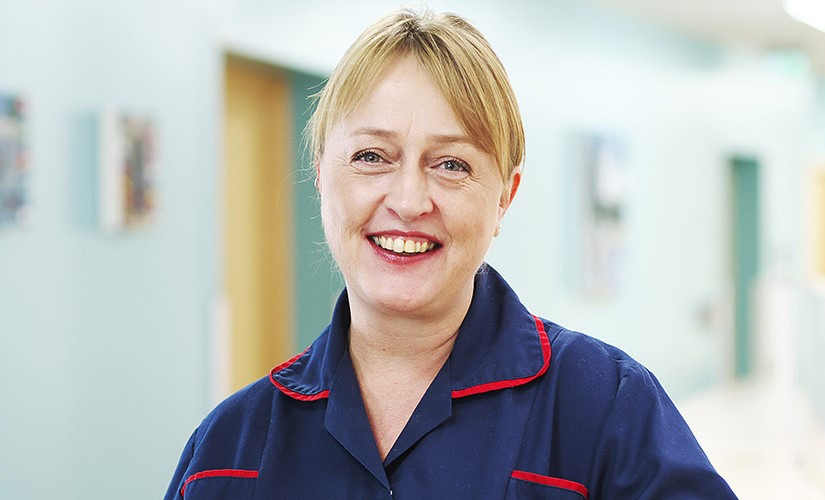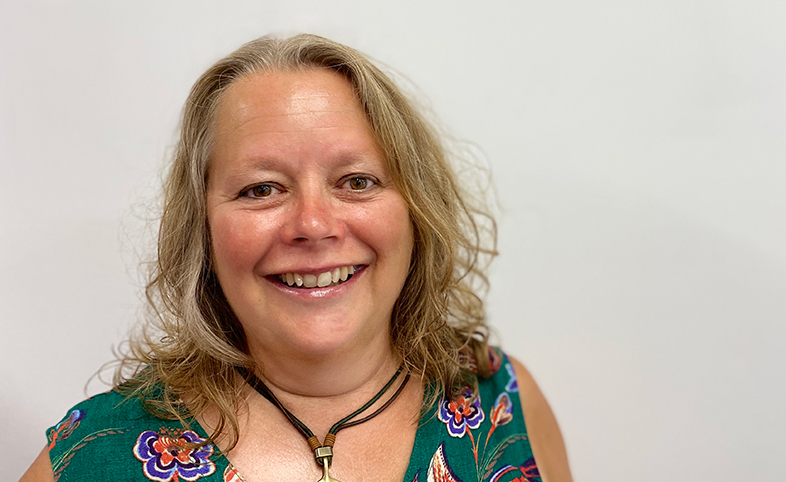The NHS response to the coronavirus pandemic relied on effective operational focus, flexibility and teamwork. Former Royal Australian Army Medical Corp (RAAMC) Sergeant Tania Holland felt right at home.
The initial COVID-19 response saw NHS staff redeployed to help ease the pressure on healthcare services, including many of my Health Innovation East colleagues. I was no different, applying my operation management skills within the Critical Patient and Resource Management Cell (CPRMC) for the East of England. We were responsible for managing the capacity and coordination of patient flows, staff distribution and resources within intensive care units across the patch.
Before coming to the UK, joining the NHS and working in the Eastern Patient Safety Collaborative, I was a sergeant in the Royal Australian Army Medical Corps serving for over 10 years, going on peacekeeping missions and deployments across the world. I was fascinated to see the military terminology I was accustomed to adopted across healthcare services during the pandemic – phases like frontline, battle rhythm, war footing.
Whilst I find this language is often unhelpful in care settings – healthcare isn’t a battleground, coronavirus was a challenge at a scale that the NHS has never faced before and many of the most successful aspects of the response reminded me of my time in the military. As the initial phase of the response has come to an end there are lessons to be learned and practices we should retain as the NHS looks to reset and prepare for further waves. Reflecting on the last nine months I observed four parallels from military life that I thought provided valuable learning points:
A shared focus
The COVID-19 pandemic provided a singular focus across the healthcare system as services were scaled back to meet the immediate challenge. During military operations the commanders’ intent is a clearly stated purpose which will define the mission. It is the single unifying focus for all subordinate elements to get the job done. It is awe inspiring to see our Navy, Army and Airforce combine together to deliver combat power, but that is what they train to do. Watching primary care, secondary care, community, commissioner and social care breakdown barriers in such a short timeframe to do the same was inspirational. The COVID-19 response gave a rare opportunity to see how effective healthcare services can be with a singular shared purpose across the whole NHS.
Healthcare is inherently complex and with limited resources the health service does an incredible job in meeting the diverse needs of all the patients and communities we serve, but where possible we need to keep the culture of working across boundaries to a common goal as we reintroduce services and continue to deliver the NHS Long Term Plan.
Communication is everything
The challenge that comes with working across organisations and teams in a complex environment is that terminology and language can vary. Joining the military, I felt like I had to learn a whole new language, only to do the same again in the NHS. Due to the breadth of specialised terminology in the NHS, the same thing can be called different things in different organisations.
For example, in the Eastern Patient Safety Collaborative we had already been working to roll out the SBAR (situation, background, assessment, recommendation) system of communication combined with the NEWS2 (National Early Warning Score) to enable different organisations to communicate and respond to clinical deterioration in adult patients. SBAR was originally developed by the United States military for communication on nuclear submarines and had successfully been adopted in care homes and ambulance services, but COVID-19 accelerated uptake in primary and secondary care services so deterioration is consistently measured, communicated and acted upon consistently across the whole patient pathway.
If we want to make sure we are understood, let’s make sure we are speaking the same language. Avoid jargon where possible and check those we are communicating with understand.
A focus on supporting each other
The healthcare workforce is resilient and they are used to stressful situations, but we need to be aware of the toll the pandemic is having on many NHS staff. Although military personnel spend years training to be ready for combat and emergency situations, they can still be affected by post-traumatic stress disorder.
The military taught me the importance of allowing time to decompress, protect your mental wellbeing and give space to process stress. That’s why I welcome the expanded mental health services for staff announced by NHS England and NHS Improvement and hope we can keep talking about our mental health. We need to retain the supportive culture we saw during the pandemic, especially as a fatigued workforce move into the next wave.
Debrief, analyse and learn from this pandemic
Organisations aren’t like light switches and things can’t be reinstated instantly. Recovering from military operations includes a briefing, decompression and reintroduction to normality in a managed way.
During the emergency response, the NHS and its partners reduced non-critical activity and redirected resources into the COVID-19 response, including military ambulances being used for patient transport. As the NHS continues to increase capacity and services which were scaled back, we need to assess what we need to prioritise, what we can bring back differently and what we introduced or scaled up to respond to the COVID-19 pandemic that should be kept, this includes the introduction of military’s support on mass testing in Liverpool. Health Innovation East recently convened health and social care leaders from across the region to share lessons learned and innovations they have utilised to meet the COVID-19 challenge, with a view to spread best practice across organisations. The innovation amongst healthcare professionals from all levels has been inspirational.
Military precision comes from the efficiency learned through centuries of military history. By contrast the NHS is relatively young and hasn’t had to deal with a pandemic of this scale in its 72 years of existence. We need to use this opportunity to learn what we can and make improvements to how the NHS works. The AHSN Network is a partner in NHS Reset alongside NHS Confederation and other NHS bodies to make sure we use this opportunity to assess what worked and how we can apply this to our health services.
Whilst the coronavirus pandemic is far from over, I am grateful I had the opportunity to contribute to the response and thankful for all the staff across the NHS. The NHS isn’t quite an army, but I am very proud to be amongst your ranks.

I am the quality improvement project manager for Eastern Patient Safety Collaborative, focusing on national adoption and spread programmes commissioned by NHS England. This is to ensure adoption and spread of effective, evidence-based practice across the NHS.
I have ten years’ experience in the Royal Australian Army Medical Corps and have been deployed on peacekeeping missions and worked in Afghanistan. I moved to UK in 2013 and worked in service and operational roles in Ipswich Hospital and project management at West Suffolk Hospital before joining Health Innovation East.
Share your idea
Do you have a great idea that could deliver meaningful change in the real world?
Get involved
